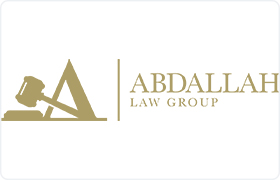Livermore Real Estate Lawyer, California
Sponsored Law Firm
-
 x
x

Click For More Info:
-
Abdallah Law Group, P.C.
555 Capitol Mall Suite 766 Sacramento, CA 95814» view mapReal Estate Law #1 Sacramento Law Office
Abdallah Law Group is ready to fight for our clients. We provide comprehensive, individualized and affordable legal representation.
800-698-5801
Karyne Therese Ghantous
✓ VERIFIEDKaryne T. Ghantous is a California licensed attorney with close to 20 years of litigation and insurance defense experience successfully negotiating th... (more)
Thomas John Spielbauer
✓ VERIFIEDThomas Spielbauer is a practicing lawyer in the state of California handling real estate matters.
Clifford Horner
✓ VERIFIEDHorner & Singer, LLP is a business and commercial real estate law firm that focuses on all transactional and litigation aspects of the development, ow... (more)
Stephen Louis Moses
FREE CONSULTATION
CONTACTBernard M King
FREE CONSULTATION
CONTACTFREE CONSULTATION
CONTACTRobert K Famulener
FREE CONSULTATION
CONTACT Mitchell Abdallah Sacramento, CA
Mitchell Abdallah Sacramento, CA



